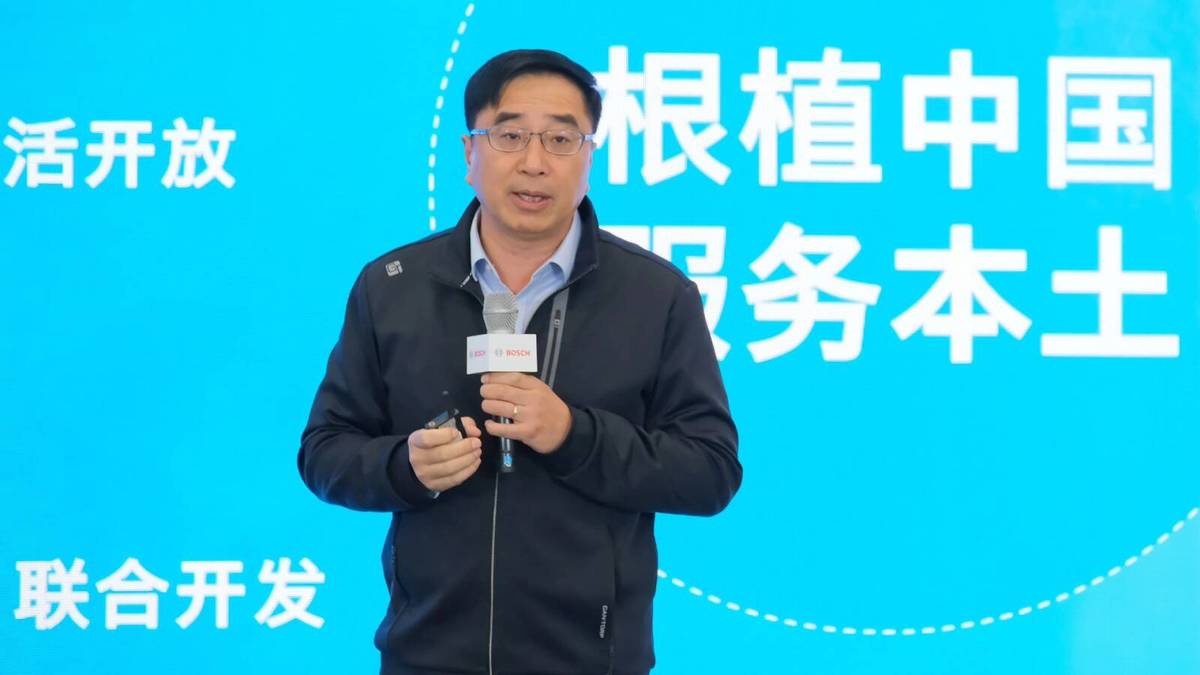
Xu Daquan, executive vice-president of Bosch China. [Photo/bosch.com.cn]
The chip shortage will affect the auto industry until 2023 as many of Bosch’s chip suppliers cannot meet procurement demands, said Xu Daquan, executive vice-president of Bosch China.
As one of the biggest auto parts suppliers worldwide, Bosch provides intelligent driving solutions for carmakers, including chassis control systems.
The main reason for the chip shortage is that the new energy vehicle industry is growing rapidly, said Xu at a company event earlier this month.
Bosch China is looking for domestic raw materials suppliers, but it has not found one ready for mass production.
Xu expects more domestic chip suppliers to achieve large-scale and high-quality production in the next two to three years, which will provide more options for the company.
According to Auto Forecast Solutions, the global auto market cut production by about 3.91 million vehicles due to chip shortages in the first 10 months this year. Nearly 4.28 million units are forecast to be cut for the whole year.
Bosch China provides products to almost every auto company in the country, which is its biggest single market.
China has taken the lead in electrification both in NEV sales and the number of new models launched every year. Intelligent cockpit applications, advanced driving assistant systems and parking systems are in strong demand by Chinese customers, Xu said.
Bosch has set up research and development teams in China to quickly respond to these demands and get the new systems operating as soon as possible.
Bosch has set up a software R&D center in Wuxi, Jiangsu province, and a steering system R&D center in Wuhan, Hubei province.
In November, an intelligent driving and control R&D center will be established in Shanghai and an engineering software center for commercial vehicle steering systems will be set up in Jinan, Shandong province.
In 2021, Bosch China’s revenues in the transport sector reached 96.7 billion yuan ($13.52 billion), up 8.9 percent year year-on-year.
Its sales increased 7.7 percent year-on-year in first 10 months thanks to rapid growth of intelligent cockpits, electric-driven products and new braking systems, according to Bosch China. It expects to achieve positive growth for the whole year.
